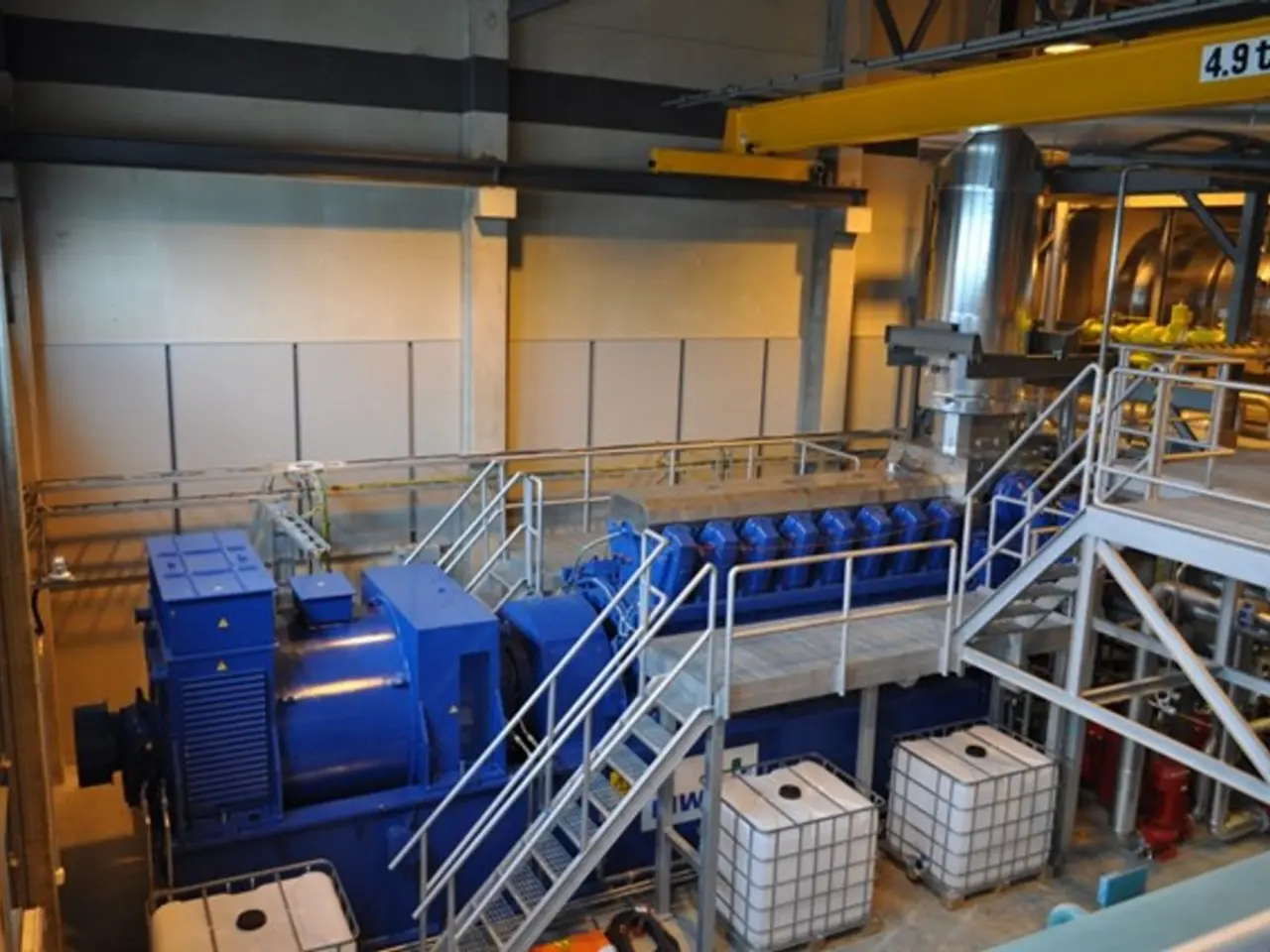Energy Policies and Personal Decisions: An American Perspective
In the United States, the support for renewable energy and climate change mitigation efforts has shown notable variations over time, influenced by political shifts, policy changes, and evolving public attitudes.
Democrats and Renewable Energy Advocacy
Democratic Party members have generally been strong advocates for expanding renewable energy and combating climate change through federal incentives and regulations. The Inflation Reduction Act of 2022, which includes major clean energy tax credits and incentives, is a testament to this commitment. The Biden administration has also pushed for renewable energy expansion, offshore wind projects, and clean energy infrastructure.
Republican Party: A Mixed Picture
Historically, the Republican Party's stance on renewable energy has been more cautious or skeptical. However, there is diversity within the party. Some younger Republicans and conservative groups support market-based climate solutions and carbon pricing. On the other hand, some Republicans oppose private sector climate initiatives.
Factors Influencing Change
Several factors have contributed to these shifts in renewable energy support. Policy and legislation have become more polarized, with major clean energy tax credits and climate policies subject to repeal efforts along party lines. Political leadership and partisan control have also played a significant role. Shifts in presidential administration and Congress have resulted in rapid changes to renewable energy support, such as the Trump administration's curtailment of some renewable initiatives.
Public opinion and generational differences are also influencing factors. Polling indicates that many Republican voters, especially younger ones, are increasingly supportive of government action on emissions reductions. This shift in political attitudes may soften partisan divides over time.
Equity and access concerns have become a politically charged issue, influencing party platforms and policy approaches. The current U.S. energy transition increasingly centers on equitable access to clean energy technologies.
Economic and industry trends, such as the rapid growth of wind and solar capacity, have been driven by technology advances and state mandates, with federal policy playing a supportive but contested role.
Key Trends
Recent trends show a decline in the breadth of support for wind and solar power in the United States. Support for expanding solar power farms has decreased by 12 percentage points since 2020, and support for expanding wind power farms has decreased by 11 points during the same period. Interest in buying an electric vehicle (EV) has also declined, with fewer Americans expressing a likelihood to consider an electric vehicle purchase.
Despite this, a majority of Americans (63%) support the goal of the U.S. taking steps to become carbon neutral by 2050. Among Democrats, there is broad support for lowering carbon emissions and prioritizing renewable sources. Even among Democrats, only 39% find it extremely or very important to personally limit their carbon footprint.
Political Divide on EV Sales Rule
A rule aimed at expanding EV sales is currently facing opposition. Republicans overwhelmingly oppose this rule, while a majority of Democrats support it. This divide reflects the broader political divide on renewable energy and climate change policies.
Generational Differences
Among younger Republicans, there is a higher level of support for renewable energy compared to older Republicans. Older Republicans prioritize developing oil, coal, and natural gas over renewable energy.
Global Call for Action
As the planet continues to experience a streak of record heat, scientists and global leaders have called for action to address this issue. The U.S., with its shifting landscape of renewable energy support, plays a critical role in this global effort.
[1] Source: Union of Concerned Scientists (UCS) [2] Source: Pew Research Center [3] Source: Brookings Institution [4] Source: National Renewable Energy Laboratory (NREL) [5] Source: U.S. Energy Information Administration (EIA)
- The Inflation Reduction Act of 2022, a testament to Democratic Party members' commitment to expanding renewable energy, includes major clean energy tax credits and incentives.
- While the Republican Party's stance on renewable energy has been more cautious, there is diversity within the party, with some younger Republicans and conservative groups supporting market-based climate solutions.
- Shifts in presidential administration and Congress, such as the Trump administration's curtailment of some renewable initiatives, have significantly impacted renewable energy support in the United States.
- Polling indicates that many Republican voters, particularly younger ones, are increasingly supportive of government action on emissions reductions, which may lessen partisan divides over time.




